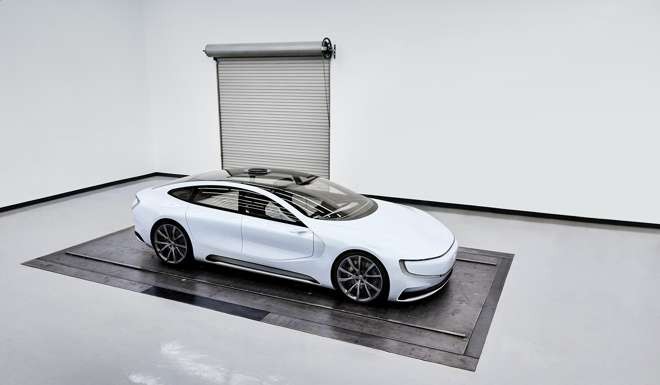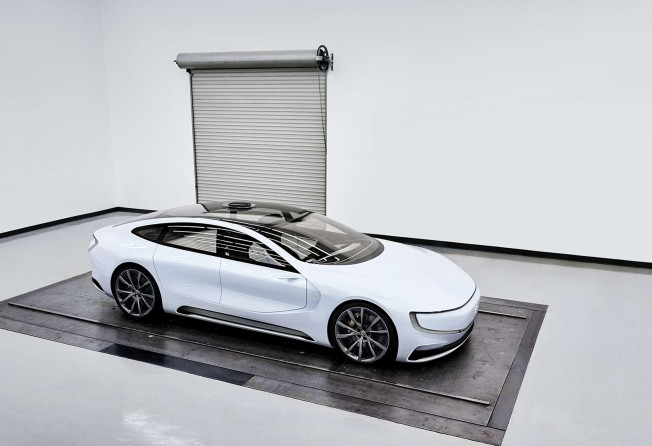
Cash crunch hits China’s LeEco as it pours 10bn yuan into car business

Earlier this week, LeEco chief executive Jia Yueting wrote in a letter to employees that the company had expanded too quickly and admitted it was running out of cash, putting further global expansion plans on hold.
The announcement came less than a month after the company’s lavish launch in the United States, although not many analysts were surprised at the news. LeEco has been burning money at a rapid clip over the past year, leaving many scratching their heads and wondering how it planned to finance its expensive ventures.
LeEco, dubbed by many as the “Netflix of China” for its content subscription platform and similar business model of producing its own content, had branched out into several different businesses since the beginning of 2015, including producing devices such as smartphones, acquiring content for its sports streaming service LeSports and even film studios for content production.
At one point, LeEco even launched a smart bicycle that came complete with GPS, smart lock and laser beams.
Yet among all of LeEco’s business units and shiny new products, none drew as much attention as its electric car business unit, LeEco See Plan, often seen as a direct challenge to Elon Musk’s Tesla Motors.
But its high-profile car business has also been the root of LeEco’s financing problems. Jia said that LeEco had spent 10 billion yuan in early development for the vehicle, and admitted to a weak capital structure and an inability to raise enough external funds to keep up with its rapid expansion.
LeEco entered a partnership with Los Angeles-based Faraday Future to develop technology for Faraday’s concept vehicle FFZero1 and LeEco’s LeSee Pro electric car. Both concept cars were debuted this year, with LeEco showing off the LeSee’s autonomous parking skills at an event in Beijing in April.

LeEco said that production models of its LeSee Pro and Faraday’s FFZero1 would be unveiled as early as 2017.
However, in San Francisco last month, audiences at the launch waited with bated breath for LeEco to show off the driving capabilities of the LeSee – but Jia announced onstage that the prototype had encountered an accident that heavily damaged the car during transportation.
A second LeSee vehicle was flown in from London to San Francisco, but due to “flight delays” the replacement vehicle had also arrived too late to be displayed onstage.
However, Jia added that the car did eventually make it to the launch venue, and would be exhibited at the experience area during the launch. While the Post did indeed see the LeSee Pro on display, it remained static at the back of the venue, cordoned off to prevent curious onlookers from getting a closer view.
“Success in the electric car industry requires long-term sustained investment. Currently, most of the money used to fund [LeEco’s] risky ventures such as the electric car business came from loans and external investments, which are unsustainable in the long-run,” said Neil Wang, Greater China president for research firm Frost & Sullivan.
“It is almost certain that revenue generation from the car business will not happen in the near future,” he added, stating that surging electric car sales on the mainland are mainly fuelled by generous subsidies from the Chinese government.